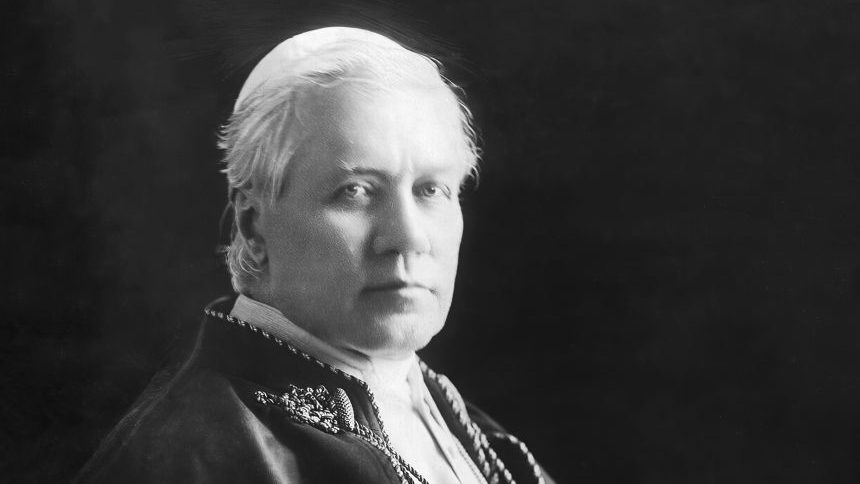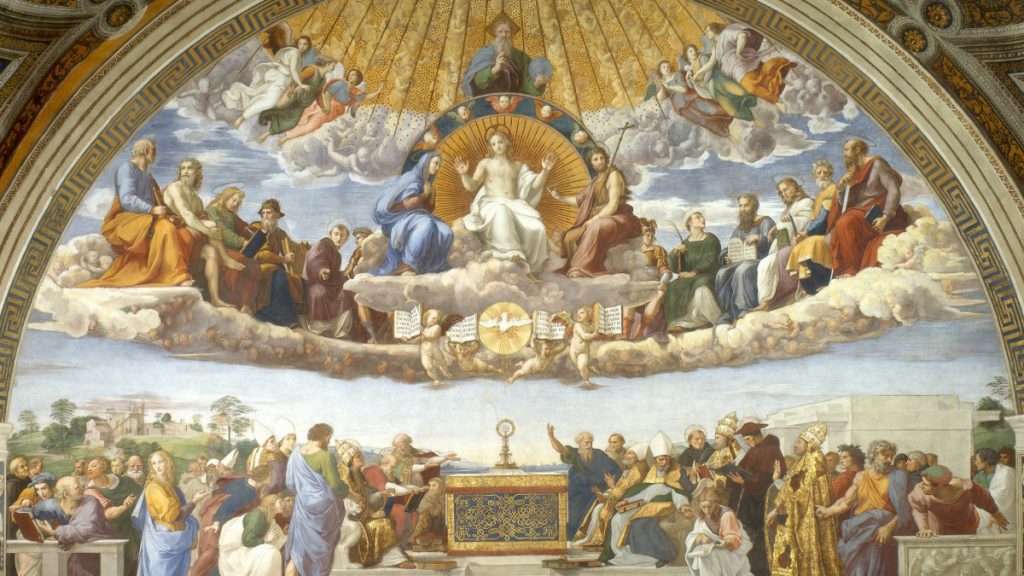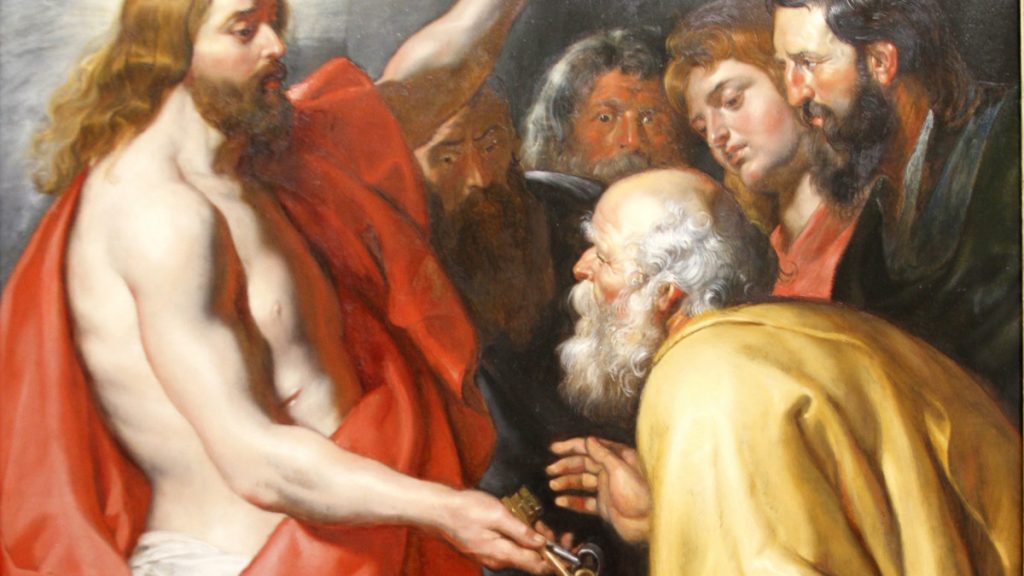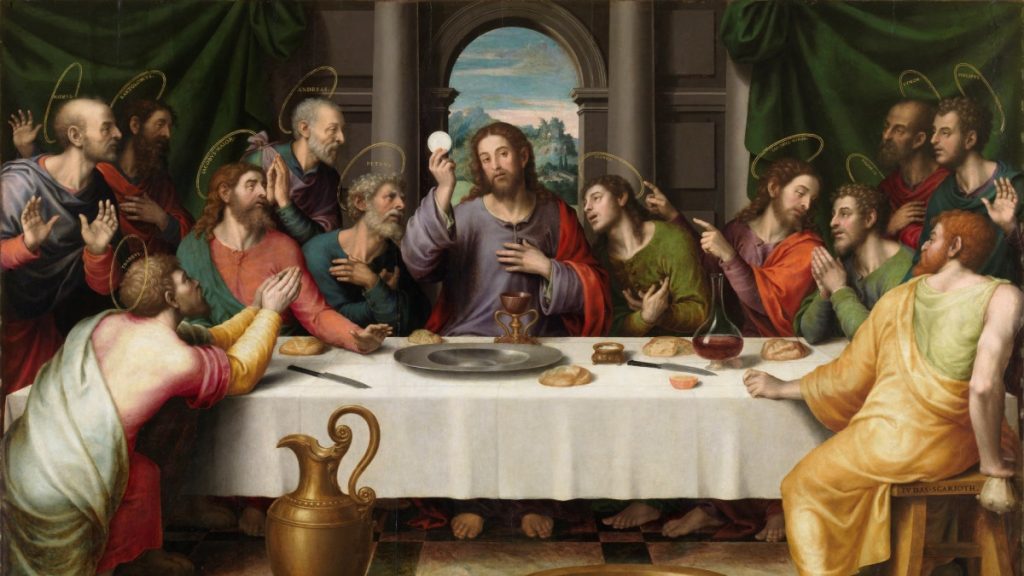(Updated July 16, 2025)
This Author Quote Archive collects pertinent quotes from the St. Pope Pius X, who reigned from 1903-1914.
Next to each quote are the Topic Quote Archives in which they are included.
This Quote Archive is being continuously updated as research continues. Quotes marked with “***” have not yet been organized into their respective Topic Quote Archives.
St. Pope Pius X, Comment to the Union of Italian catholic Ladies (April 21, 1909)
As reported in: New York Times, Special Cable to the New York Times: Pope is Against Woman in Politics; Only Eccentrics Would Wish to Legislate, He Tells Delegation of Women; Father Wynne Explains; Church Desires Women to be Home Makers–Suffragists Think Their Cause Will Not Suffer (April 22, 1909)
Women can never be man’s equal, and cannot therefore enjoy equal rights. Few women would ever desire to legislate, and those who did would only be classed as eccentrics.
St. Pope Pius X, Comment on the Rights of Women (April 24, 1909)
As reported in: The Monitor, The Official Organ of the Archdiocese of San Francisco, Pope Pius Speaks on Rights of Women (May 15, 1909) | FEMINISM
Referring to the Biblical account of the creation of woman and whom God made to be the companion of man, and to the teachings of St. Paul who declares that woman is subject to man, the Holy father pointed out that it was an error to suppose that woman has the same rights and the same social function as man. She is not his slave or his servant, but his companion and helpmate. Their functions are different but both equally noble, and harmonizing in the scope of forming the family and educating the offspring. On man rests the duty of providing by his labor for the means of keeping and educating the family; on woman that of regulating the household, and especially of educating the children.
Some people will tell you, said the Pope, that religion is good only for women. They mean that to be a sign of their contempt for religion–but do you accept it in its positive part, and remember that it is really only by the sentiment of religion that you can be of efficacious assistance to man, realize the responsibilities of being his helpmate, and sow in the souls of your children that good seed which will make you great in them. Think how vast is your influence over man, whether as father, brother, husband, an influence summed up in the words of Scripture: A good woman makes a good man. But do not think either that womens’ duties are entirely confined within the circles of their families, for she has also a duty towards her neighbor, to dry the tears of the afflicted, to assuage sorrow, to band together for the alleviation of the spiritual and temporal miseries of those who suffer, thus fulfilling a social mission which makes of her an angel of love amid human sorrows. I earnestly recommend, therefore, your union for the accomplishment of this social mission. United you will be better able to attain the means necessary for the fulfillment of your duties to your families and to society. You will do well to deepen and broaden your religious knowledge, for the catechism alone is not always sufficient to refute the errors that will come under your notice, and you will need a sound knowledge of the truths of religion in order to instruct your children and to rebut the charges that are being made against the Church. I would suggest also that you give serious attention to the study of pedagogy, so that you may learn the rules for the instruction of the young and become better equipped for the difficult work of education. Today there is a tendency to spoil the child by sparing the rod and to act on the belief that children will grow up good Christians and good citizens when nurtured on kisses and caresses. Then again, if you are to be good housewives you must learn something of the principles of domestic economy, which will enable you to regulate your households with thrift and order. But above all else, be assiduous in your religious duties, remembering that while the truly pious woman is the mistress of the house and of the heart of her husband, she becomes the bane of both when she is without faith.
It will be observed that the Holy Father gives due prominence to the work of woman in the social movement. He has not of course made any pronouncement on the political movement among women, but in more than one private or semi-private conversation has let it be clearly seen that he has no sympathy with the female demagogue. He does not wish to see women become members of Parliament or Congress, but he does wish them to take an active and even a public part in questions connected intimately with the sanctity of family life, the religious education of the young, the betterment of the condition, moral and material, of working women, and so on.









